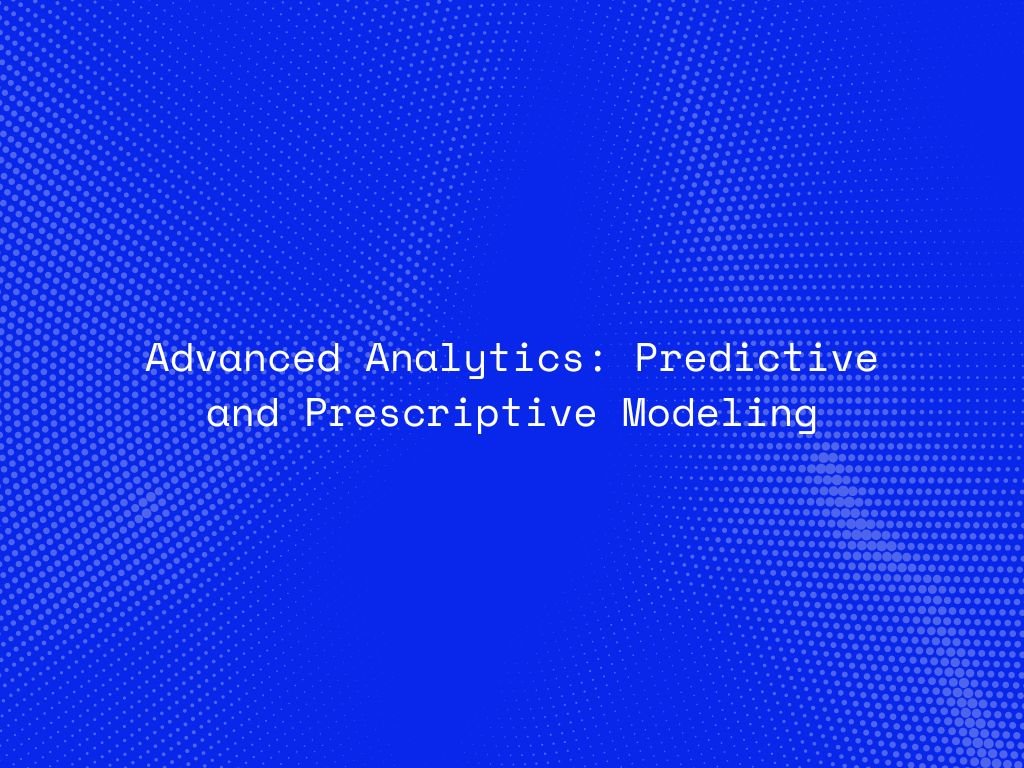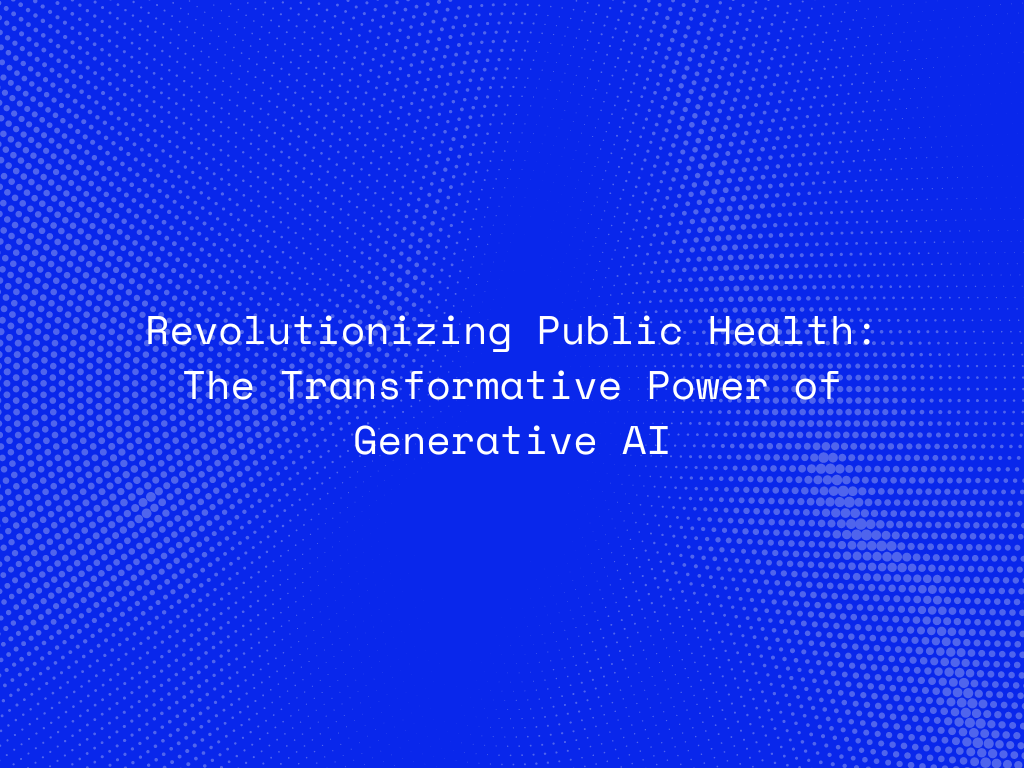Retrieval Augmented Generation (RAG)
Retrieval-Augmented Generation (RAG) is a cutting-edge natural language processing method that skillfully blends generative modeling and memory retrieval to generate coherent responses or text excerpts based on authentic contextual awareness. RAG creates a tremendous leap forward in authentic yet original material by striking an ideal balance between exerting creative liberties and leveraging accumulated knowledge troves.
Essentially, RAG combines two primary components: a retriever module that harvests pertinent information segments from large databanks, and a generator engine that combines the retrieved fragments into responses or stories. At the center of this mutually beneficial interaction is a hybrid model that develops the ability to both generate coherent expressions and selectively consult recovered materials.
When compared to traditional monolithic designs that are limited to encoded weights and biases alone, this dichotomy produces noticeable advantages. Because RAG incorporates wisdom from large corpuses, generated texts exhibit increased factual correctness, semantic depth, and stylistic diversity. Furthermore, RAG is incredibly flexible in many contexts, easily incorporating specialist vocabulary, grammar, and colloquial expressions that are common in professions like law, medicine, or science.
Also, RAG tackles the intrinsic drawbacks of solely generative methods prone to pseudo-sensitization to false claims due to inadequate exposure or misinterpretation during training. RAG provides additional trust and credibility to productions by grounding them in tangible references. This allows for the development of real conversations between humans and artificial conversational agents.
Practitioners aiming to create intelligent systems with pragmatic reasoning capabilities have access to an expanding array of cutting-edge tools and methodologies as natural language processing continues to advance and change. Among these recent discoveries, RAG is without a doubt in the forefront, holding great promise for further research on enhancing human intelligence and expanding one’s mind.



